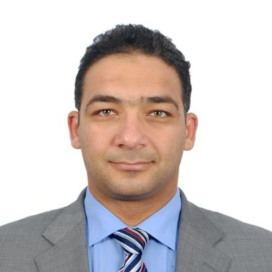
World Bank | Senior Urban Specialist
COVID-19 has amplified existing inequality patterns and represented a major governance challenge requiring inter-sectoral, multi-actors and multi-level coordination to address fragmented reality. The additional and related trends and shocks of spatial inequality, food security and b=nutrition, climate change and digital transformation currently present both challenges and opportunities to put forward initiatives that can successfully integrate multi-level governance in urban development through spatial planning.
The Decade of Action calls for accelerating sustainable solutions to all the world’s biggest challenges, ranging from poverty and gender to climate change, inequality and closing the finance gap, mobilizing all sectors of society on three levels: global action, local action, and people action, through multi-level governance.
Multi-level governance has emerged as a paradigm shift in governmental and public management approaches that strive for broad consultative processes and mechanisms for vertical and horizontal coordination among and between a diverse range of actors and levels of government. This involves both the formal and informal institutions as well as the public, private and social sectors.
Both governance and spatial planning are defined as enablers for the territorial and urban development process. The relations between governance and spatial planning are symmetric in the sense that both enablers can be the departing point of a process that will end up reinforcing the second. A governance initiative can represent the starting point of a spatial planning process, while territorial planning can structure the development of enhanced governance structures.
The interconnection between governance and spatial planning has contributed to achieve progress in the implementation of the SDGs in an integrated manner, with impacts in the areas of poverty and social exclusion, territorial cohesion, local climate action, integrated digital transformation strategies, improved private sector involvement, enhanced local employment and opportunities. It is through these integrated initiatives that territories and cities achieve critical advancement of several SDGs at a time, ensuring the Decade of Action will lead to the accomplishment of the agenda 2030.
Transformative action beyond boundaries
Panel One
Panel Two

World Bank | Senior Urban Specialist
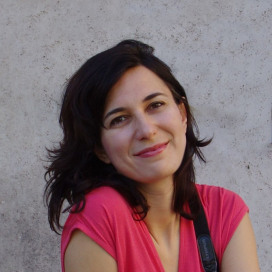
Arup | Associated Director and Planning Services Lead Turkey
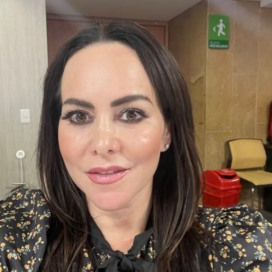
Mayor of Nuevo Laredo, Mexico
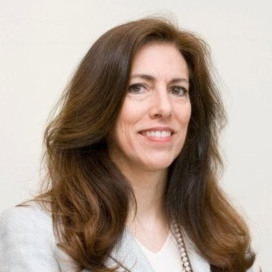
Partnerships and UN Collaboration Division, Food and Agriculture Organization (FAO) | Director
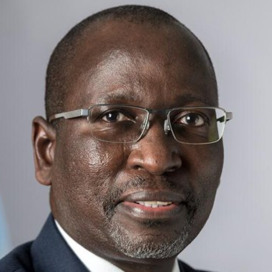
ECOSOC | President
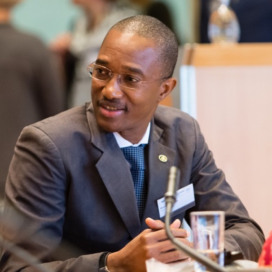
Africa of the International Observatory for Participatory Democracy (IOPD Africa) | Executive Director Enda ECOPOP Coordinator
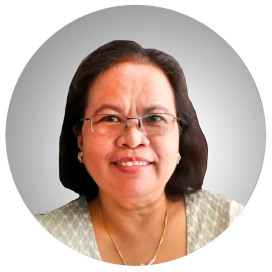
Department of Human Settlements and Urban Development (DHSUD) | Deputy Secretary of the Department
National Institute of Territorial Planning and Urbanism (INOTU) | Vice-president

Urban Journalist